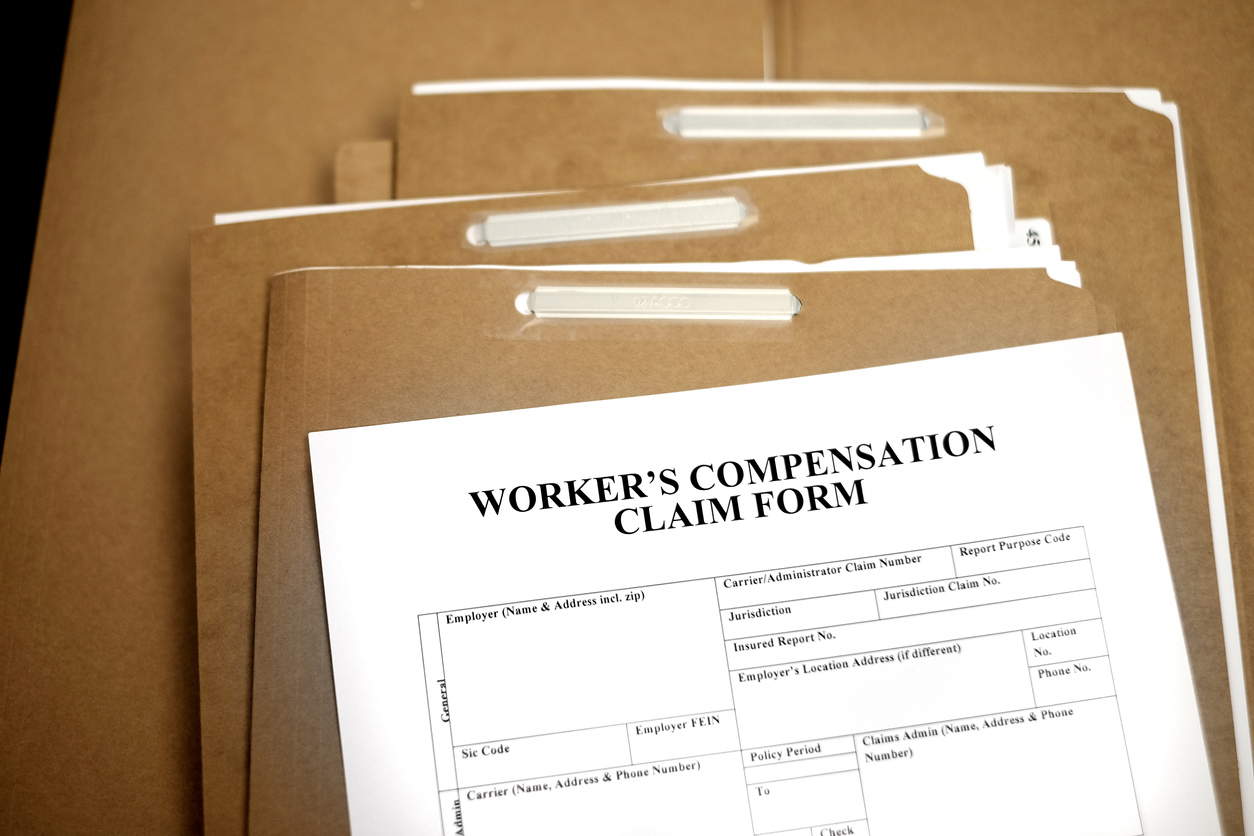Rosenbaum Personal Injury Lawyers | February 21, 2023 | Workers' Compensation

Workers’ compensation is a form of insurance that can compensate you for lost earnings and medical expenses (among other losses) that arise from a work-related illness or injury. New York requires almost every employer to carry workers’ compensation insurance. Although the workers’ compensation system is generally no-fault, you can be disqualified from receiving benefits under certain circumstances.
Disqualification for False Representation
“Disqualification for false representation” means that workers’ compensation denied your claim or terminated your benefits because you lied, misled, or omitted information in your application or in your communications with them. The lie must concern a “material” (important) matter. Some of the most common lies include:
- Not disclosing all sources of income, including passive income such as book royalties.
- Failure to disclose a job you are performing. This can disqualify you even if you are volunteering because the issue is not necessarily related to paid positions; it speaks to whether you are truly too disabled to work.
- Not disclosing any business opportunities you have pursued, even if they didn’t work out.
On the other hand, “oversharing” by providing too much information can hurt your claim as well. You need to walk a tightrope.
Not Reporting Your Injury to Your Employer
Failing to report your injury to your employer can raise doubts about the seriousness of your injury or whether it was work-related. For best results, report your injury to your employer both verbally and in writing. Do so as soon as you can.
Failure to Seek Prompt Medical Attention
Seek medical attention as soon as possible after your illness or injury arises. Any delay will raise serious doubts about the validity of your claim.
Missed Deadlines
Two critical deadlines apply to New York workers’ compensation claims, and missing either of them could sink your claim:
- You must notify your employer in writing of your illness or injury within 30 days of its occurrence.
- You must file a written workers’ compensation claim within two years of the occurrence of your illness or injury.
In some cases, such as repetitive stress injuries that arise gradually, the “date of occurrence” can be ambiguous. An attorney can help you identify an effective date. Remember that other deadlines may arise from time to time.
You’re an Independent Contractor, Not an Employee
Workers’ compensation benefits are available only to employees, not to independent contractors. The distinction between an employee and an independent contractor is a legal distinction. An employer cannot relieve themselves of their legal obligation to pay for workers’ compensation insurance simply by choosing to refer to their employees as “independent contractors.”
Nevertheless, the distinction is not clear-cut. More than anything else, it revolves around the worker’s degree of independence. If you call a plumber to fix your sink, the plumber is probably an independent contractor. If you hire a plumber for a 9 to 5 position on your maintenance staff, teach them plumbing, and provide their work tools, they are probably your employee. There is plenty of gray area in between, and this is where lawyers do battle.
Voluntary Intoxication, Horseplay, and Fighting
Workers’ compensation can deny your claim if you suffer an injury due to intoxication, horseplay, or fighting. These activities must be voluntary to result in a valid denial of benefits. You can’t be denied workers’ compensation for defending yourself against an employee who attacks you, for example.
Lack of Evidence That Your Injury Was Job-Related
Sometimes it’s clear-cut, such as when you suffer an injury on the factory floor due to malfunctioning work machinery or when a construction scaffolding collapses. Other times, particularly when it comes to repetitive stress injuries or certain diseases, it’s not clear at all that your injury or illness was work-related. A lawyer can help you gather evidence to prove the relationship between your job and the malady you are complaining of.
Can Failing To Hire a Lawyer Disqualify Me From Workers’ Compensation Benefits?
Strictly speaking, no. Nevertheless, if you fail to make a strong case for benefits because you didn’t hire a lawyer to help you, the effect is essentially the same. You have the right to hire a lawyer to represent you; if your claim is substantial, you should exercise that right. Most workers’ compensation lawyers offer free initial consultations and will not charge you legal fees unless they collect compensation for you.
Contact the New York City Workers’ Compensation Law Firm of Rosenbaum Personal Injury Lawyers for Help Today
If you’ve been injured in an accident in Manhattan, NY, and need legal help, contact our workers’ compensation lawyers at Rosenbaum Personal Injury Lawyers to schedule a free consultation. We also serve in Brooklyn and the Bronx.
Rosenbaum Personal Injury Lawyers – New York City Office
100 Wall St, 24th Floor
New York, NY 10005
(212) 514-5007
Our firm is located near you. We have an office in NYC
Find us with our GeoCoordinates: 40.7051415,-74.0067386
Rosenbaum Personal Injury Lawyers – Bronx Office
1578 Williamsbridge Rd suite 3b
Bronx, NY 10461
(929) 447-2347
Our firm is located near you. We have an office in the Bronx
Find us with our GeoCoordinates: 40.8468944,-73.8483118
Rosenbaum Personal Injury Lawyers – Brooklyn Office
32 Court St #704
Brooklyn, NY 11201
(718) 550-3601
Our firm is located near you. We have an office in Brooklyn
Find us with our GeoCoordinates: 40.692948,-73.991038
